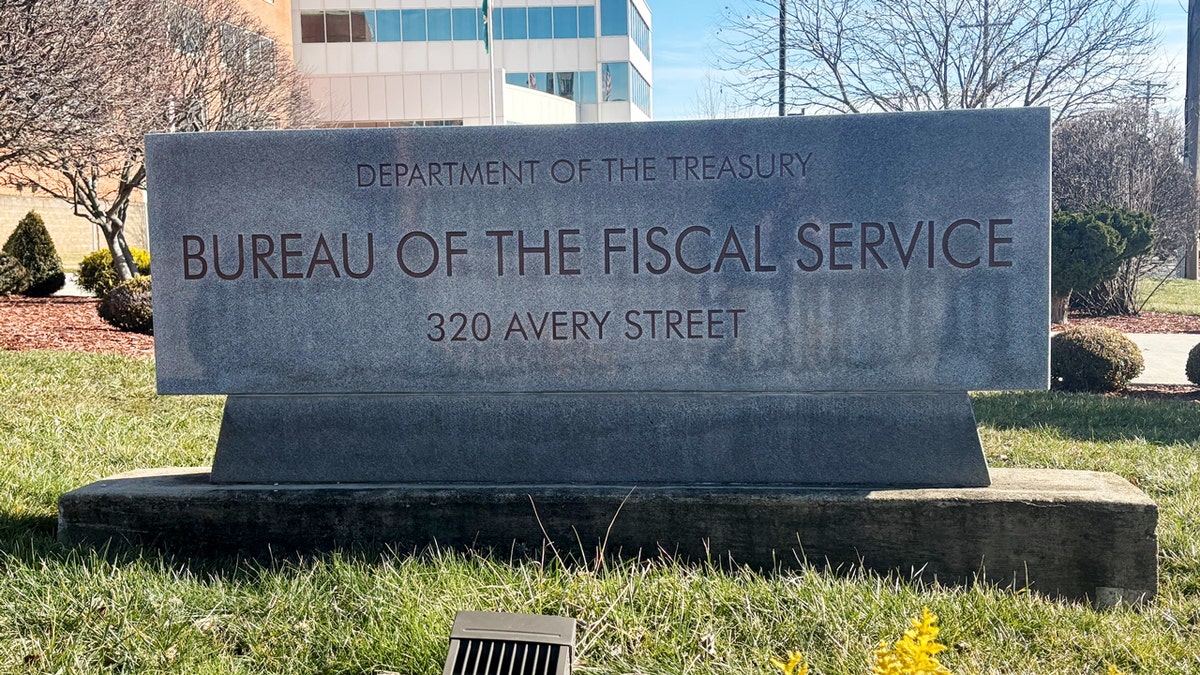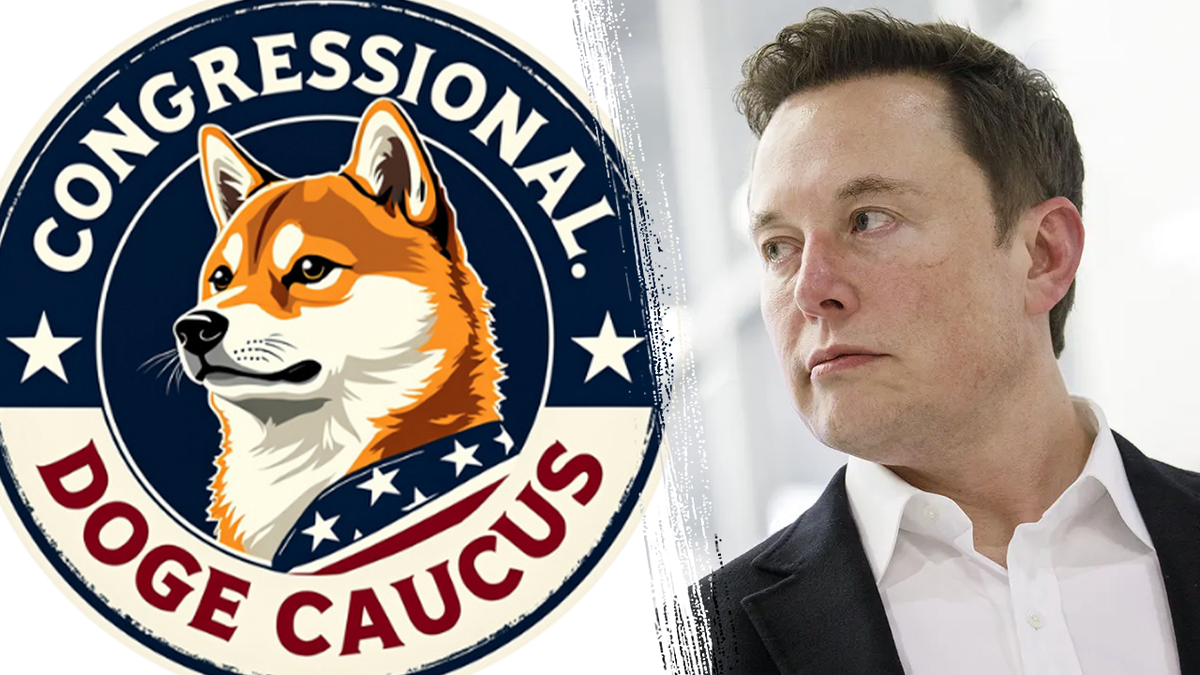Parkersburg, West Virginia, a town of 30,000, plays an unexpected role in the nation's massive $36 trillion debt. Established in 1957 as a safeguard against national emergencies, the Bureau of the National Debt, located in this Appalachian city, houses the Central Accounting Reporting System (CARS), the system that tracks the nation's financial inflows and outflows.
Elon Musk's Department of Government Efficiency (DOGE) has arrived in Parkersburg seeking transparency and access to the intricate details of the national debt. Their goal is to understand where the money is going, how debt payments are managed, and gain insights into the overall financial health of the country.

This move has sparked both curiosity and concern among Parkersburg residents, many of whom are employed by the federal government. Local officials have expressed worry about potential job losses, although DOGE's primary objective appears to be data access rather than downsizing. Musk's often provocative rhetoric and comparisons to the movie 'Office Space' have fueled some of this apprehension.
However, the core of DOGE's mission seems to be a deep dive into the complexities of the national debt. Parkersburg, with its central role in managing the nation's finances, serves as the epicenter for this investigation. While concerns about sensitive information are valid, the President's mandate grants DOGE the authority to scrutinize these records.

The situation in Parkersburg is nuanced and multifaceted. There's no clear narrative of wrongdoing, but rather a complex interplay of factors surrounding the management of the national debt. The federal government, with its vast reach and historical achievements, relies on the financial mechanisms operating in this small West Virginia town. Now, under the direction of Trump and Musk, those mechanisms are undergoing a thorough examination.
Comments(0)
Top Comments